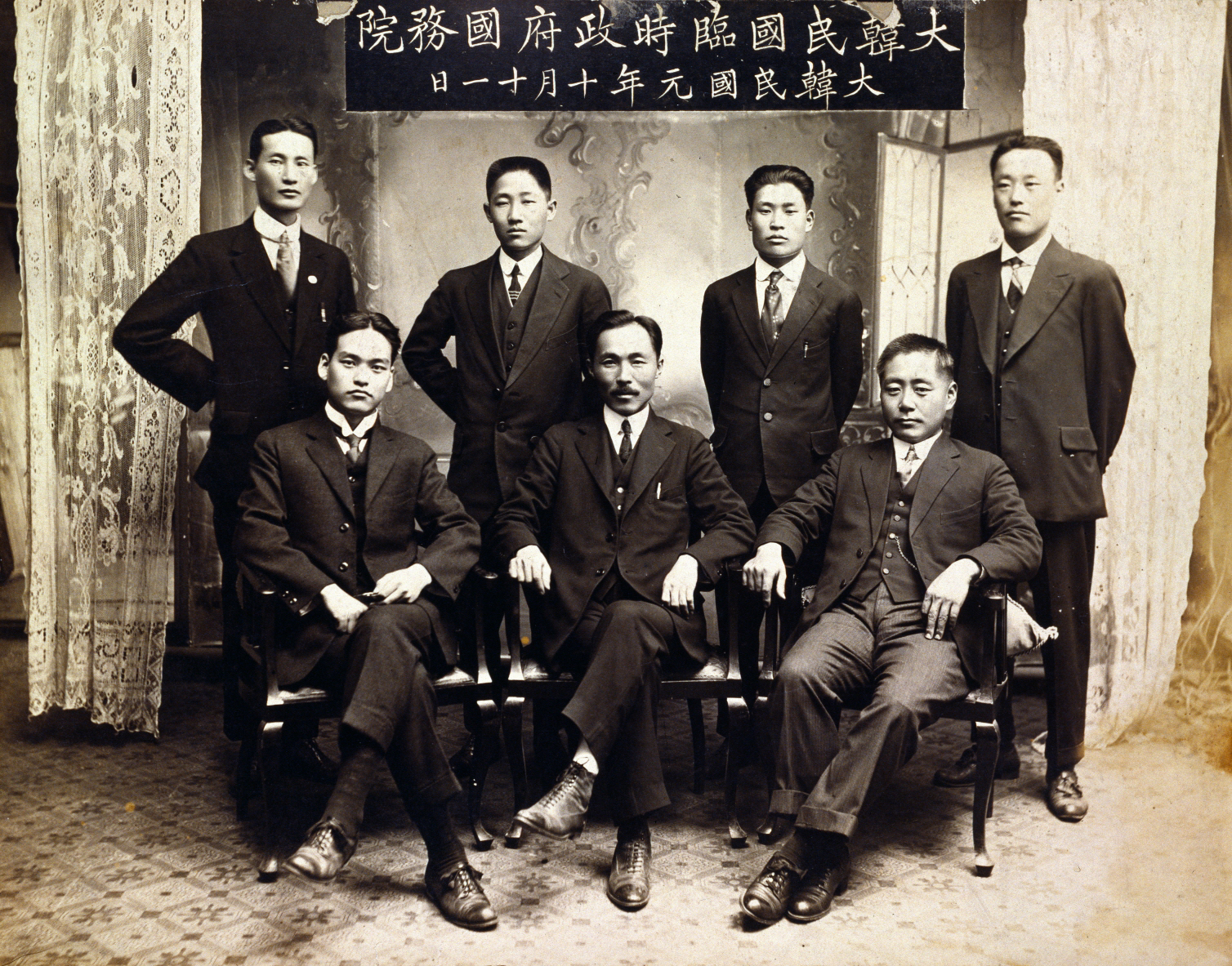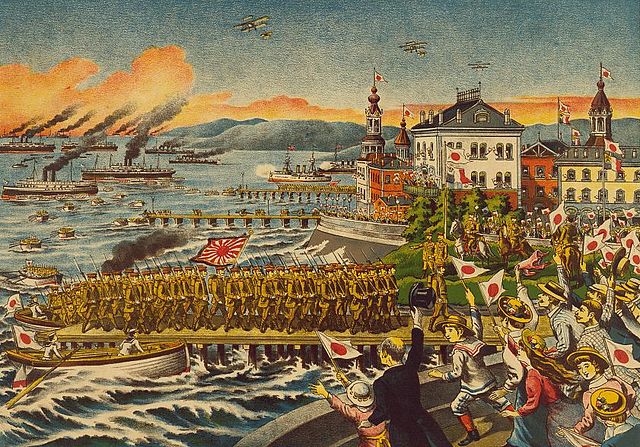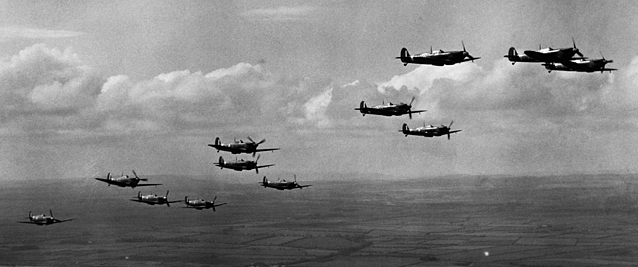
A Thousand Years of Happy Reign:
Japan during the Showa Era, 1936-1963
Chapter I: Ryooyaku Kuchi ni Nigashi
Chapter II: Tsuno o tamete ushi o korosu
Chapter III: Keizoku wa chikara nari
Chapter IV: Saru mo ki kara ochimasu
Chapter V: Shōri wa heiwadesu
Chapter VI: Seibu sensen no subete no shizukana
Chapter VII: Kimigayo wa chiyo ni yachiyo ni
Epilogue
Interludes:
Interlude: Bez kota mysham razdol'ye
Last edited:








